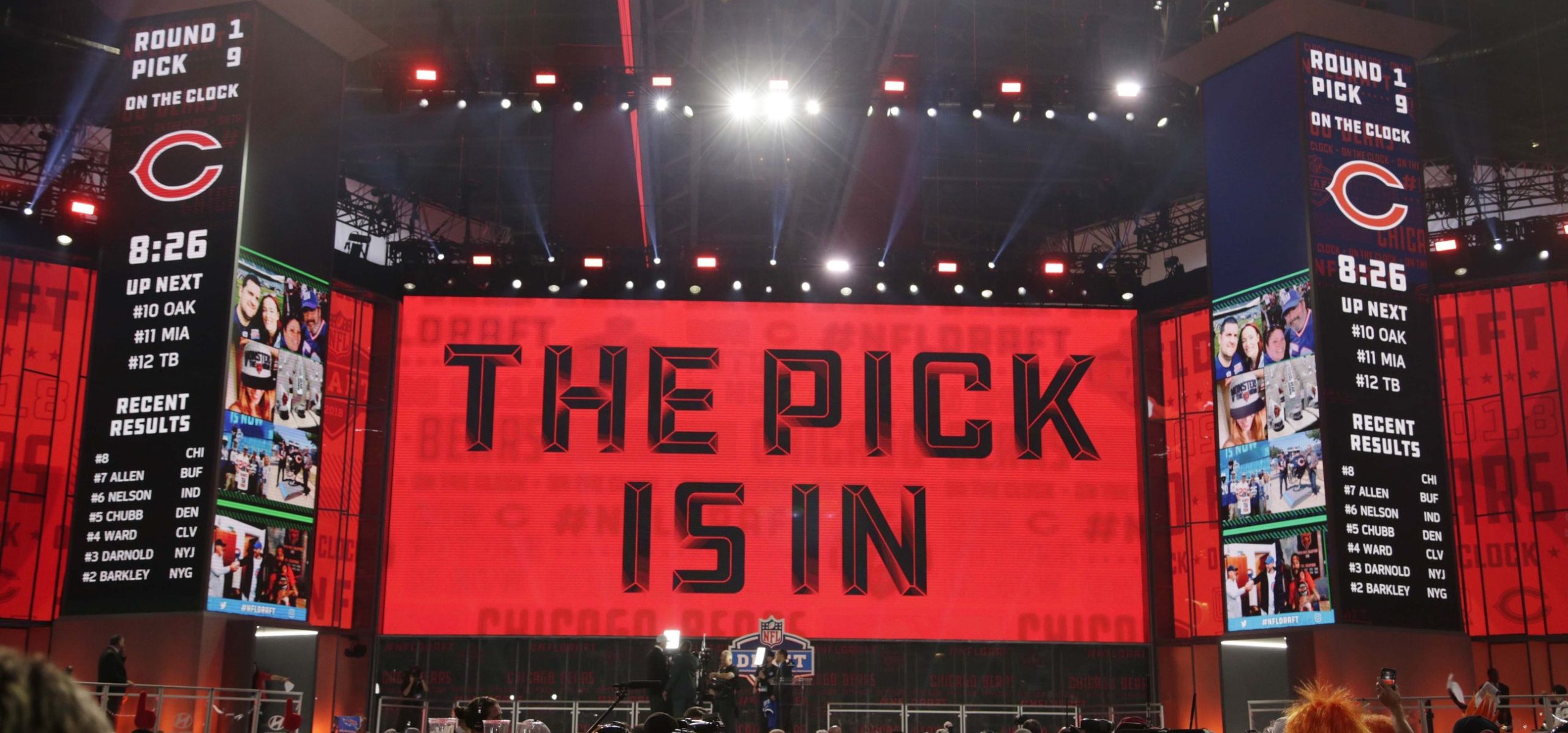Over the past few days (and weeks, months and years), NBA fans have bickered over the origins of the so-called “superteam” trend.
Now, inevitably, players have gotten involved, with LeBron James claiming that he has never played for a superteam and Draymond Green, member of the undeniably super Golden State Warriors, replying Thursday that, “You started the superteam, bro!”
LeBron, who spent much of Thursday rebutting Green’s taunts, responded Friday on his teammates’ Road Trippin’ podcast, arguing that superteams have been around since the 1990s. Via ESPN:
“No,” James said when Green’s superteam comments came up in the episode released Friday. “No. I mean in 2003, the Lakers combined Karl Malone, Gary Payton, Shaq and Kobe. And in ’96, when Jordan was retired, the Rockets joined Charles Barkley, Hakeem Olajuwon and Clyde Drexler all on the same team.
“But I don’t look at it as … I definitely didn’t start the superteam, if that’s what he’s trying to say. But I just feel like that it’s great that on the day you’re celebrating your championship, my likeness and my name is in your head. I love that.”
LeBron makes some fair points about teams from recent decades, but he could have gone back further.
In 1968, Wilt Chamberlain joined a Los Angeles Lakers roster that already featured all-time greats Jerry West and Elgin Baylor. Their 1972-73 team featured two 25-point-per-game scorers, plus an 18.8-point-per-game scorer and two more guys who pulled down more than 13 rebounds a game.

In the 1980s, the NBA was dominated by two teams: The Lakers, with historically great players Magic Johnson and Kareem Abdul-Jabbar, plus James Worthy, Jamaal Wilkes and Bob McAdoo; and the Celtics with Larry Bird, Kevin McHale, Robert Parish and Dennis Johnson.
In the ’90s, the Bulls put together three Hall of Famers, Michael Jordan, Scottie Pippen and Dennis Rodman, while, as LeBron cited, the Rockets cobbled together as many stars as they could find.
The early-2000s Lakers, led by Kobe Bryant and Shaquille O’Neal, leaned into the superteam spirit when they signed Payton and Malone in 2003.
Then came the 2007-08 Celtics, who turned an average team into a title-winning team by adding two future Hall of Famers, Ray Allen and Kevin Garnett, in one offseason.
You can nitpick specifics of some of these examples, but there’s no denying the overarching premise: For decades, NBA franchises have attempted to stack the better their title odds by adding as many stars as they could find.
The primary difference between LeBron/Kevin Durant and Wilt/KG, haters of modern superteams seem to believe, is that the Cavaliers and Warriors were assembled by self-determining players, while previous superteams were put together by executives. At the heart of the hatred for today’s top franchises is an apparent belief players don’t deserve agency in the roster-building process. As if the NBA is worse off because LeBron chose to play for the Heat, as opposed to some old, white guy choosing him to play for the Heat.
But who makes a superteam roster doesn’t change the fact of their existence or their impact on the league. For five decades, great basketball players have come together, one way or another, to dominate the NBA. LeBron didn’t invent the superteam—he simply inherited its legacy.






